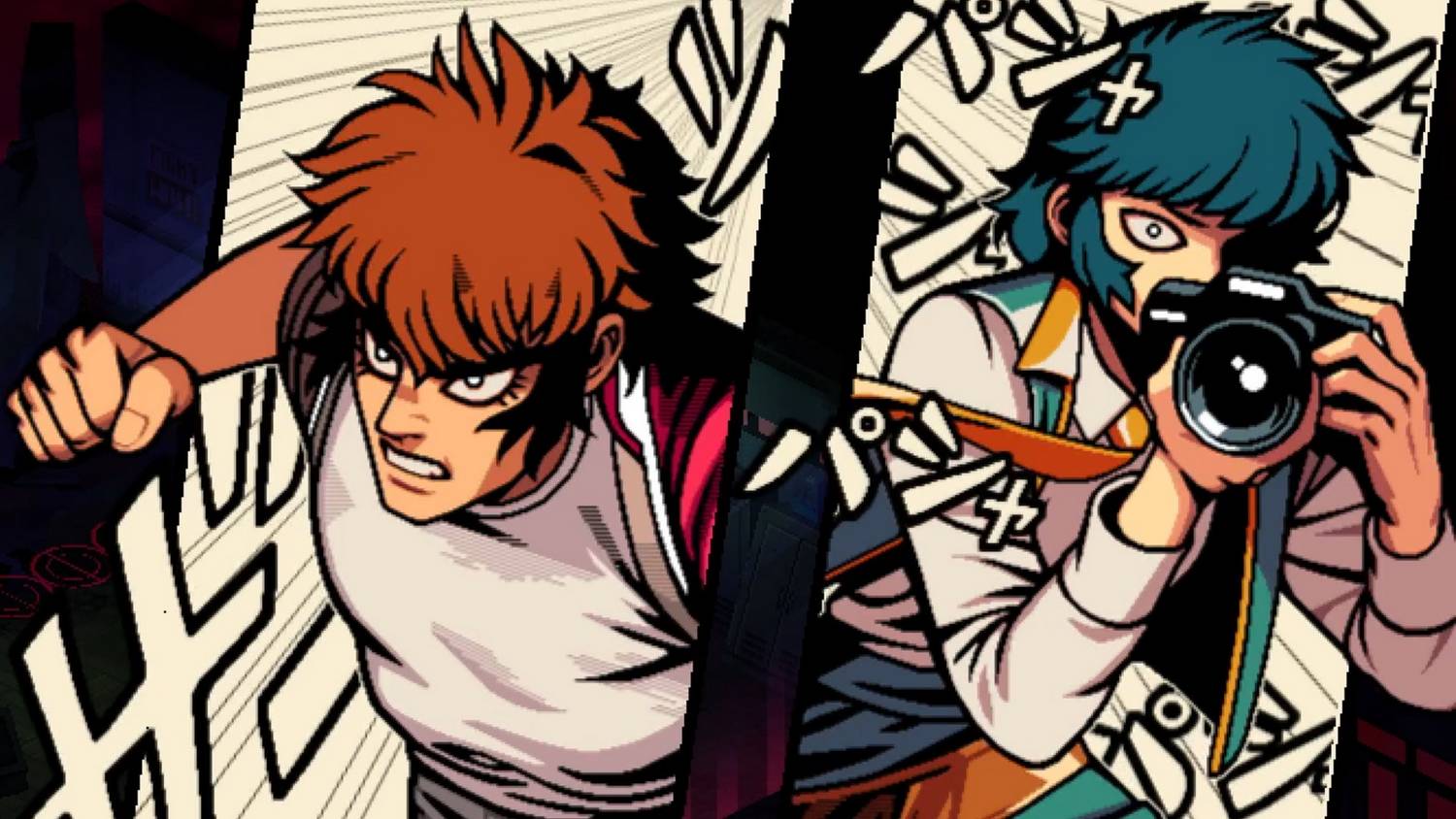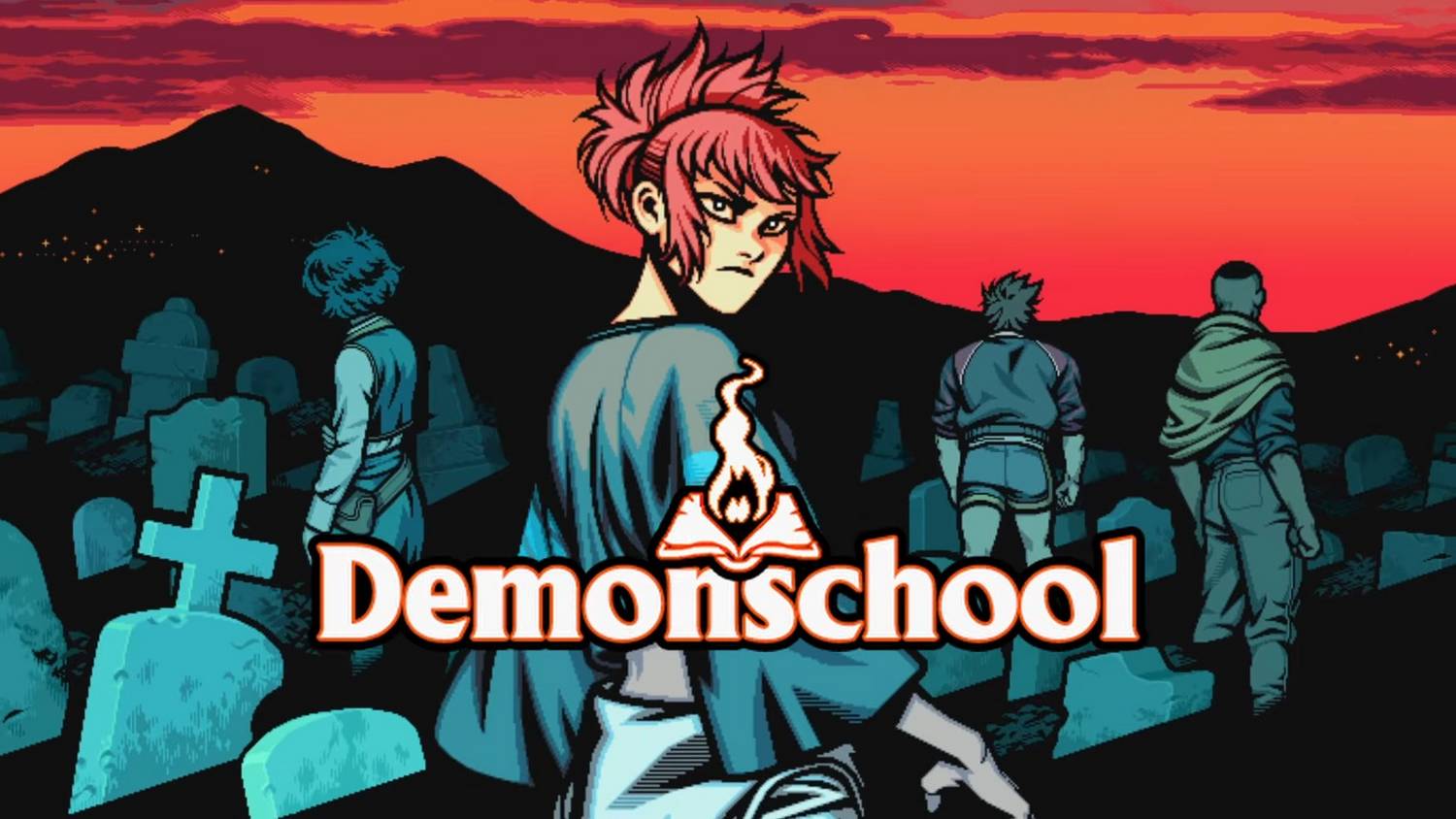Tactical Retreat: Demonschool Delays Launch, Declaring Hollow Knight: Silksong “The GTA of Indie Games”
Popular Now
 Gacha Club
Gacha Club
 CarX Street
CarX Street
 Black Myth: Wukong
Black Myth: Wukong
 Sonic the Hedgehog™ Classic
Sonic the Hedgehog™ Classic
 Genshin Impact
Genshin Impact
 Free Fire Max
Free Fire Max
 League of Legends
League of Legends
 NBA 2K24
NBA 2K24
 Poppy Playtime
Poppy Playtime
 Grand Theft Auto V
Grand Theft Auto V 
In a surprising and incredibly candid move, developer Necrosoft Games and publisher Ysbryd Games have announced a last-minute delay for their highly anticipated tactical RPG, Demonschool. The game, which was set to launch on September 3, will now be released on November 19. The reason for the postponement? The sudden and unexpected release date announcement for Hollow Knight: Silksong, which is scheduled to launch just one day later on September 4.
This decision, while disappointing to fans who have been eagerly awaiting the title, highlights the brutal realities of the modern gaming market. In a statement released on social media, Necrosoft Games dubbed Hollow Knight: Silksong “the GTA of indie games,” a powerful metaphor that perfectly encapsulates the immense, all-consuming hype surrounding Team Cherry’s sequel. The sheer volume of attention and media coverage that Silksong‘s launch will command is so vast that it threatens to overshadow any other release in its wake, regardless of genre or audience overlap.
 The Business of Visibility: Why a Delay Was a Strategic Necessity
The Business of Visibility: Why a Delay Was a Strategic Necessity
The core issue isn’t about direct competition for sales. A tactics RPG like Demonschool, with its blend of Persona-like social simulation and turn-based combat, doesn’t directly compete with a Metroidvania like Silksong. However, what both games desperately need to succeed is visibility. In the crowded digital landscape, where thousands of new games are released every year, getting your game seen and talked about is a monumental challenge.
Publisher Ysbryd Games was direct in their reasoning, stating, “We have to remind ourselves that gaining visibility for Demonschool is our main goal. Thus, the Ysbryd team strongly believes we would not be doing our game any favors by wading into waters we can clearly see are blood red. If the September period is going to be Silksong’s moment, then we need to be elsewhere on the calendar to give Demonschool its own moment to be seen and talked about meaningfully.” This acknowledgment of Silksong’s market dominance is a testament to its cultural footprint and the unprecedented hype that has built up over its long development cycle.
A Silver Lining for Fans: More Content at Launch
While the news of a delay is a tough pill to swallow, there is a significant upside for players. The two-month postponement will not be used for mere polishing. Ysbryd Games and Necrosoft have confirmed that this extra time will be used to integrate more content into the base game that was originally planned for a post-release patch. This includes:
- More Endings: The game’s narrative will be expanded with additional conclusion paths, providing more replay value and depth to the story.
- New Minigames: Additional side activities will be included, enriching the school-life simulation aspects of the game and giving players more to do outside of the main combat loop.
This commitment to delivering a more complete and polished experience on day one is a positive outcome of a difficult business decision. It shows that both the developer and publisher are prioritizing the quality of the final product and the player’s experience over a rushed, and likely to be overlooked, launch. The community’s response has been largely understanding, with many gamers and developers alike expressing sympathy and recognizing the wisdom of a strategic retreat in the face of a gaming phenomenon.
 The “Silksong Effect” and the Indie Games Landscape
The “Silksong Effect” and the Indie Games Landscape
The delay of Demonschool is not an isolated incident. Several other indie titles have also announced postponements to avoid the “Silksong Effect.” This trend is a clear indication of a significant shift in the indie game ecosystem. A surprise, multi-platform release of a game as monumental as Hollow Knight: Silksong can single-handedly reshape the release calendar. This is not just a battle for sales; it’s a fight for media attention, streaming visibility, and a place in the cultural conversation. In a world where a game can be the most wishlisted title on Steam for years, even a smaller, well-received game can be completely lost in the noise. The “GTA of indie games” has arrived, and for many developers, the only viable strategy is to get out of its way.










 The Business of Visibility: Why a Delay Was a Strategic Necessity
The Business of Visibility: Why a Delay Was a Strategic Necessity The “Silksong Effect” and the Indie Games Landscape
The “Silksong Effect” and the Indie Games Landscape